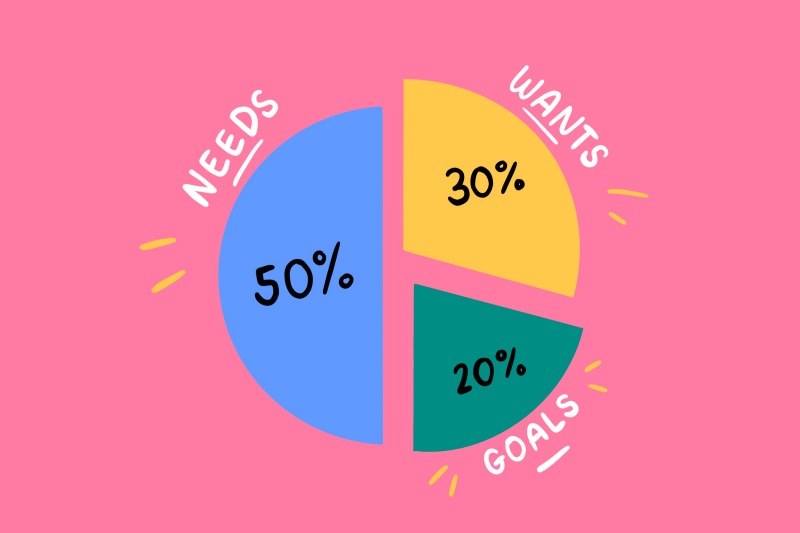NBA superstar LeBron James has officially become a billionaire and is the second NBA player ( after Michael Jordan) to be listed as a billionaire. Not only is James good at making money, the lessons he learned in saving are even more valuable.

Overall, LeBron James has earned $387 million from the Cleveland Cavaliers, Miami Heat and Los Angeles Lakers, along with $900 million from his video production company, brand deals and other investments.
James is an Ohio-born NBA player who had a difficult childhood as his mother struggled to make ends meet. With the little money they had, they were only able to provide for the most basic needs of the two of them. So James’ NBA career was not only a result of hard work, but also a lesson in saving money he learned from his uncles. James said they had a rule: every time they gave him a dollar, they told him to spend only 35 cents and keep 65 cents; if they gave him two dollars, they advised him to spend only half and save the other half.
Now, with a rich understanding of the NBA basketball industry, along with the way of running a business, LeBron James expressed his ambition to own an NBA franchise (which can be understood as a football team) in the future.

We always want to save money but we don’t really put this goal into a framework based on a certain rule. That is why we save randomly and fail to achieve the financial goals we have set for a long time. According to the saving method (spend 35 cents and keep 65 cents) that James learned early on, he is following the 50/20/30 rule. This is a popular budgeting method that divides your monthly income into three main categories.
– 50% of income is for living expenses, an unavoidable part of expenses including rent, electricity, water, transportation, food, insurance, utilities, etc.
– 20% of your income goes toward your financial goals, such as paying off debt, saving, and investing.
– The remaining 30% of income is discretionary spending, including entertainment, shopping, travel and dining (at fancy restaurants or outside eateries).

This tool will give you a comprehensive view of your finances. Are these numbers negotiable? The answer is no, but they are negotiable. If you live in a place with a fairly high standard of living, your living expenses may spill over into your discretionary income a bit, following the 60/20/20 rule. As you can see, the most important number is the smallest 20% set aside for savings, so don’t break it. If you’re financially stable and comfortable, you can spend half of your monthly income more comfortably. But make sure that the remaining 50% after living expenses is still a significant amount.









